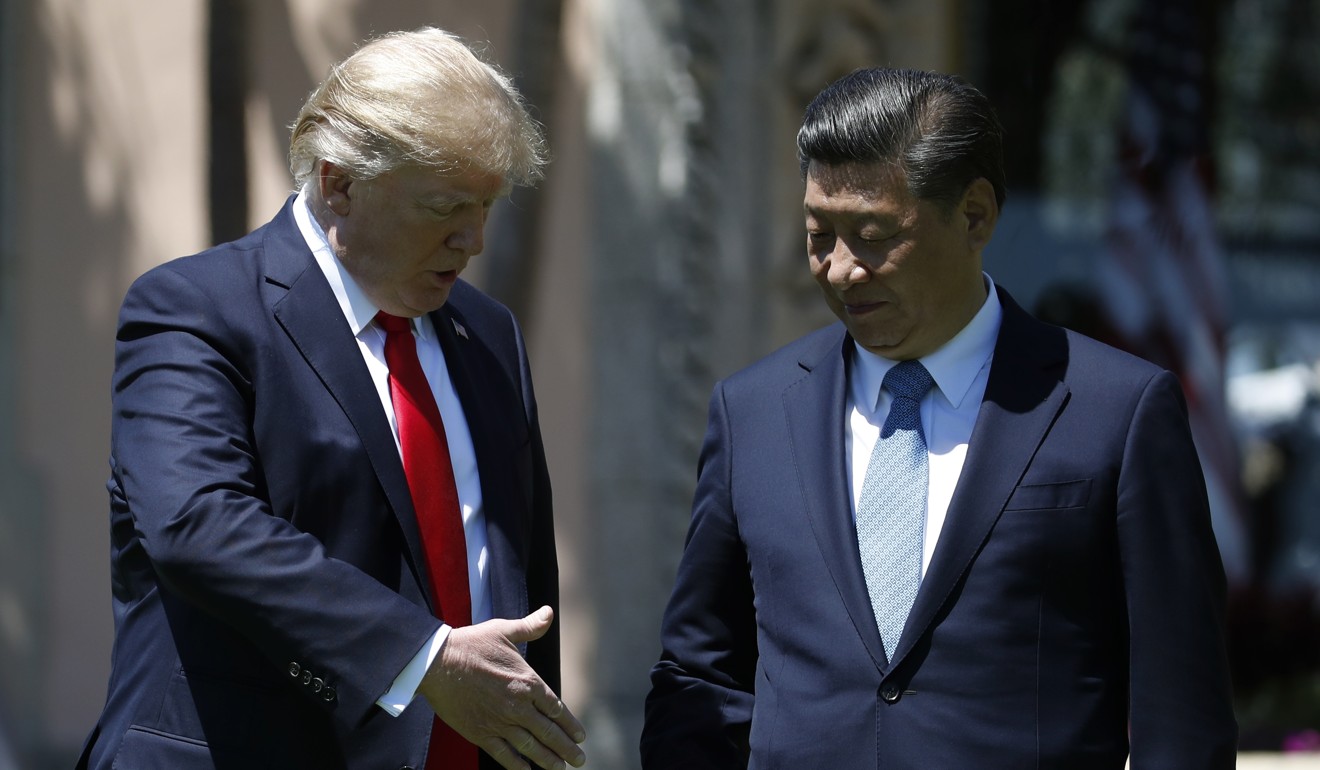
US casting nervous eye at China’s ‘phenomenal’ debt levels, says former Obama pick for the Fed
The United States is paying close attention to China’s fast rising level of debt, housing bubble and the build-up of risk in the financial system as any stumble by the world’s second largest economy would bring a chain reaction globally, according to Kathryn Dominguez, an economics professor at the University of Michigan nominated by former president Barack Obama to be a governor in the Federal Reserve two years ago.
“I was looking at that [debt] data not long ago. It’s really quite phenomenal how high the debt level has gone over a fairly short period of time,” Dominguez told the South China Morning Post on the sidelines of a conference at the Peking University. “Probably that’s where there is more nervousness.”
China’s overall debt has risen to about 261 per cent of the nation’s gross domestic product, compared to about 150 per cent in 2008.
The rise in debt within the economy, the result of years of investment stimulus, was one factor cited by the rating agency Moody’s in downgrading China’s credit rating last month.
As the US Federal Reserve is on the path of raising interest rates, pressures are growing on China to follow suit, a move likely to further squeeze debtors attempting to pay off what they owe.
Dominguez said one lesson Chinese regulators should learn from their American counterparts was to improve policy transparency and enhance communication with the market to avoid shocks.
“The [Fed’s] recent interest rate increase was completely predicted by all the markets. When it happened, it didn’t have much of an effect,” she said. “That’s on purpose.”
The People’s Bank of China is trying to deliver a message that its monetary policy will “neither be tight nor loose”, a stance that gives the authority some leeway in tweaking policies but sometimes confuses the market over how determined Beijing is in cutting levels of debt.
Despite the Chinese government’s pledges to reduce “leverage”, it is still pursuing policies to stimulate economic growth, including investing in expensive infrastructure projects such as rail and highway schemes.
“It’s hard to shed yourself off those packages ... once you have them in place, there are all kinds of different constituencies wanting to continue those polices,” said Dominguez.
She was among a group of US economist invited to the symposium at Peking University to talk about the future of the Chinese and US economy.

The threat of a trade war with China made by Trump during his election campaign proved a false alarm as Washington has neither labelled China a currency manipulator nor imposed any punitive import duties on Chinese imports. Trump and his Chinese counterpart Xi Jinping also agreed during their meeting in Florida in early April that the two countries should talk to find ways to resolve trade imbalances.
Feldstein, who served as an economic advisor to former US president Donald Reagan in 1980s, said Trump has reversed nearly all of his campaign accusations against China.
China’s promises to buy more American beef, natural gas and financial services would help to solve the two nation’s trade imbalance, he said.
“The good thing is we seem have moved beyond the rhetoric of focusing on bilateral trade imbalances to actually have some kinds of trade improvement,” said Feldstein.
Political pressure from the US over China’s currency has abated since the Treasury Department declined to designate China a currency manipulator in April.
However, the International Monetary Fund said earlier this week that China should resume progress towards a flexible exchange rate, in a subtle criticism of Beijing’s recent interventions to prop up the value of the yuan.
Dominguez said: “I don’t get the impression that the US Treasury is building up to make any kind of case against China. Currently, people don’t expect anything.”

